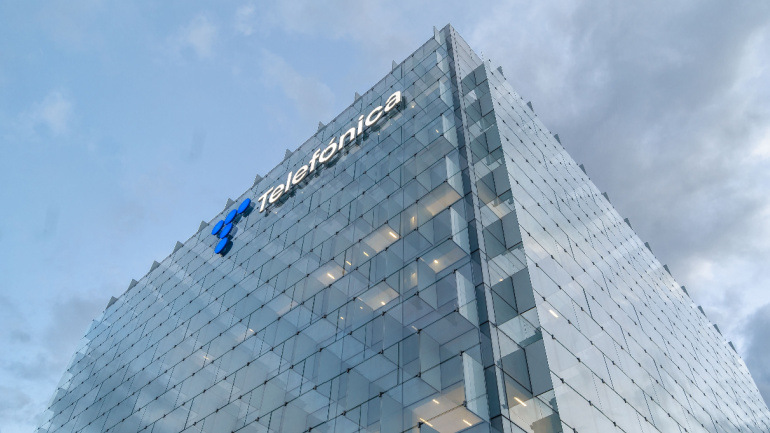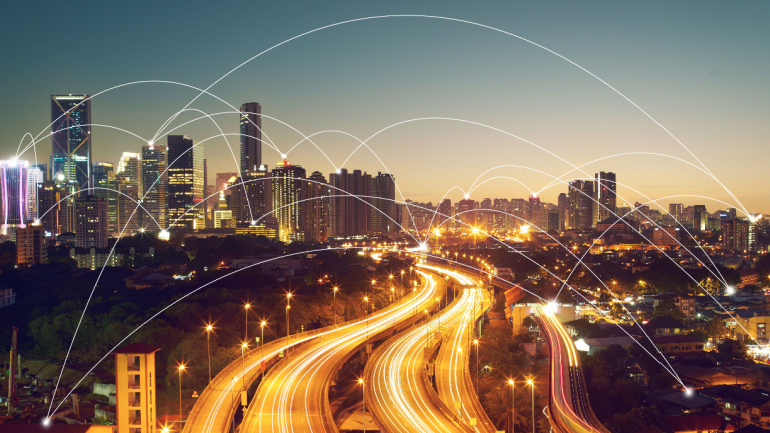As 5G Fixed Wireless Access (FWA) evolves with its next phase, 5G Advanced, worldwide research indicates growth and potential for higher speeds and reduced latency. The Middle East currently showcases impressive progress with over 1.6 million 5G FWA users. Yet, debates exist over its future, exploring whether 5G FWA will remain an affordable alternative to fixed broadband or tap into its speed for new applications. Moreover, cost is a concern for Customer Premises Equipment (CPE) devices, considered a current hurdle in advancing 5G FWA.
Telefonica embarks on a bold plan to revitalize its cash flow and revenues. In a strategy termed ‘GPS’, it plans to amplify free cash flow generation, while also targeting significant growth in various sectors like retail and digital services. Interestingly, the plan marries stringent financial targets with the crucial aspect of digital transformation – an ambitious endeavor that could redefine the company’s standing moving forward.
Almost half of Britain’s deprived rural areas lack access to 5G, according to a study by Vodafone. Urban communities fare better, but the digital divide remains significant. While this disparity supports Vodafone’s push for a merger with Three to improve coverage, government approval is still pending. Is this research merely a tactic to justify the merger, or does it genuinely highlight the urgent need for connectivity solutions in these regions?
Diving into the complex dynamics of the telecom industry, Telecom Italia (TIM) pushes forward with the sale of its fixed-line network to US-based KKR, forecasting considerable debt reduction. Yet, Vivendi’s discontent raises questions about ownership rights, stirring an interesting conflict.
Telefónica, a Spanish operator group, is set to acquire the remaining shares of Telefónica Deutschland, taking a decisive leap in consolidating their place in the European telecom sector. This bid, however, isn’t without its potential hurdles. For stakeholders to see potential, they need to be convinced the company’s predicted growth won’t overshadow the offered price. Meanwhile, a surprising twist comes into play as Saudi operator group, STC, expresses its interest to buy a stake in Telefónica, triggering a wave of political interest in Spain.
This saga involving T-Mobile’s massive $23 billion merger takes a fresh twist as the company is pushed into the spotlight over allegations of anti-competitive activities. Seven complainants allege that the consolidation of the mobile space resulted in AT&T and Verizon hiking their prices. With these lawsuit-triggered questions featuring at the heart of the upcoming Connected America conference, the telecom industry braces itself for this landmark case’s outcomes.
Dell’Oro Group’s RAN 2030 Advanced Research Report hints at long-term growth in the RAN market, suggesting investments could surpass $40 billion by 2030. Despite challenges like short-term boosts due to new technologies, infrastructural opportunities in Fixed Wireless Access and private networks might augment growth. The report also anticipates macro RAN deployments leading the 6G era. However, the analysis remains mindful of potential obstacles clouding this optimistic outlook.
Taking bold steps towards combatting climate change, Japan’s leading telecom firm, NTT DoCoMo, unveils ambitious initiatives looking to drastically cut its scope 3 emissions. These indirect emissions derive largely from the supply chain, making up approximately four-fifths of the company’s total greenhouse gas output. Taking the bull by the horns, DoCoMo is charting an eco-conscious path, pledging to fully utilize renewable energy sources and implement energy-saving measures across its network. With an eye on the future, the telecom titan plans to transform its supply chain to become environmentally friendly by 2040, all while leveraging technology to help suppliers and customers visualize their carbon footprint. As the telecommunications industry continues to battle climate change, stay tuned for further updates.
The UK has spurred a global AI commitment, aptly named ‘The Bletchley Declaration,’ inviting international participants to coordinate efforts to transform AI into a force for societal good. This shared endeavor, decided during the UK-led AI Safety Summit, represents a crossroad for the world: fruitful scientific accomplishment or potential disaster if poorly managed. The declaration sets the stage for practical actions, yet, the exact plan of action remains uncertain. In light of global climate initiatives, questions arise on the effectiveness of this AI initiative. Will technological advancements in AI hold the answers to crucial global issues? Only time will tell.
Against a robust backdrop of escalating system complexity, cloud-native DevOps emerges as a promising tool to simplify system development. Leveraged by Internet giants and SMEs alike, it’s heralded for boosting innovation efficiency and expediting industry monetization. Yet, its implementation is not without hurdles, as highlighted by China Mobile Jiangsu’s experiences. Their collaboration with Huawei, however, turned the tide, unraveling the potential of agile delivery and intelligent O&M to drive business growth.













